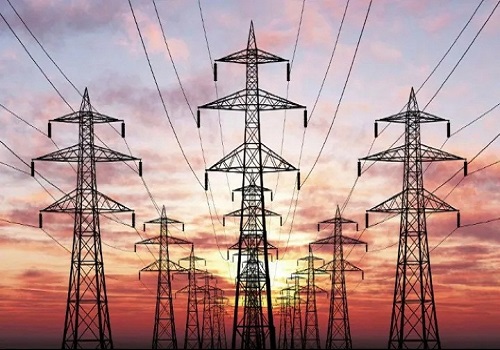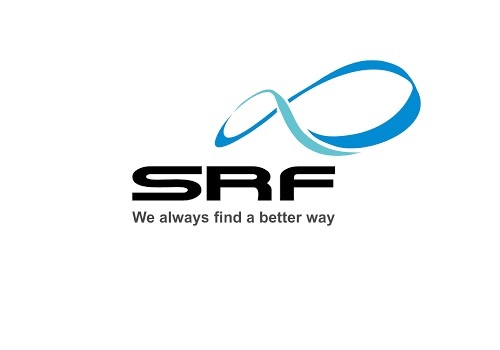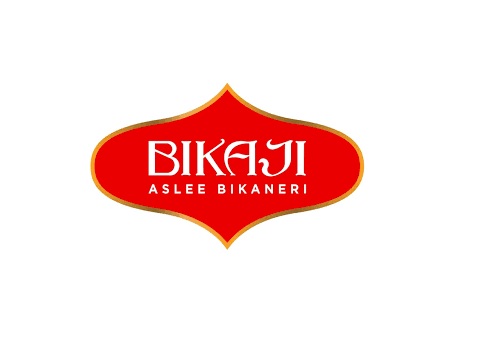Utilities Sector Update : Falling discom dues The silver lining in distribution by JM Financial Institutional Securities
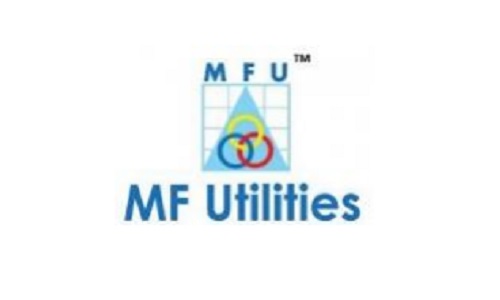
Follow us Now on Telegram ! Get daily 10 - 12 important updates on Business, Finance and Investment. Join our Telegram Channel
Reforms measures in recent years, including RDSS (Revamped Distribution Sector Scheme), LPS (Late Payment Surcharge) Rules 2022, Additional Prudential Norms for lending by financial institutions, National Smart Grid Mission, and mandatory energy accounting and auditing, have collectively helped discoms gradually shrink their average outstanding dues from a high of INR 1,380bn in Jun’22 to INR 910bn in Mar’23. Sustained improvement in discom dues can relieve the stress on gencos, transcos and other supply chain partners like equipment manufacturers and give a boost to much-awaited capex in the distribution sector.
* Additional borrowing to the rescue: Historically, states have fallen short on disbursing the full subsidy amount to discoms, resulting in large subsidy arrears manifesting as cash shortage and cascading into negative impact on working capital, payables to gencos, etc. In Jun’21, the Ministry of Finance announced additional borrowing permissions to the states to the extent of 0.5% of state GSDP (INR c.800bn of additional borrowing), which was conditional on them undertaking and sustaining specific reforms in the power sector. Subsequently, the disbursement of subsidy has improved (INR 115bn in FY22).
* RDSS scheme: The Ministry of Power (MOP) in Jul’21 launched the Revamped Distribution Sector Scheme (RDSS) with an outlay of INR 3,037.58bn available till FY25–26. The aim is to reduce pan-India Aggregate Technical & Commercial (AT&C) losses to 12–15% (from the current c.17%) and bring down the Average Cost of Supply - Average Revenue Realized (ACS-ARR) gap to zero. The major initiative to achieve these ambitious targets was an aggressive rollout of 250mn prepaid smart meters, smart distribution transformer metering, communicable feeder meters, and one-time 100% customer indexing exercise in a bid to automate the energy accounting exercise
* LPS rules: Recognising the cash flow problems arising out of o/s receivables of gencos from discoms, and in order to increase basic payment discipline in the power sector value chain, the government promulgated Electricity (Late Payment Surcharge and Related Matters) Rules, 2022 on 3 rd Jun’22. These rules entail obligations upon the discoms to clear their legacy dues as existing on 3rd Jun’22 in a time-bound phased manner in equated monthly installments with benefits of non-applicability of late payment surcharge after 3rd Jun’22. These rules also provide a framework for time-bound clearance of current dues through establishment of a payment security mechanism, and disincentive of progressive withdrawal of open access as well as power regulations if the provisions of the rules are not followed. With the implementation of Electricity (LPS and Related Matters) Rules, 2022, remarkable improvement has been seen in recovery of outstanding dues. Against legacy dues of INR 1,379bn, as on 3rd Jun’22, 13 States/ UTs have timely paid installment of INR 473bn (8 EMIs). Further, 20 states/UTs reported no outstanding dues as on 3rd Jun’22. Distribution companies have paid almost INR 1,680bn of current dues in last 5 months.
*Impact on Industry: Traditionally, gencos (NTPC, Tata Power, etc.), transcos (PGCIL, etc.) and other supply chain partners like equipment manufacturers (BHEL, etc.) have remained under financial stress due to high receivables/regulatory assets due from discoms. Sustained improvement in discom dues can relieve this stress and give a boost to muchawaited capex in the distribution sector.
To Read Complete Report & Disclaimer Click Here
Please refer disclaimer at https://www.jmfl.com/disclaimer
SEBI Registration Number is INM000010361
Above views are of the author and not of the website kindly read disclaimer

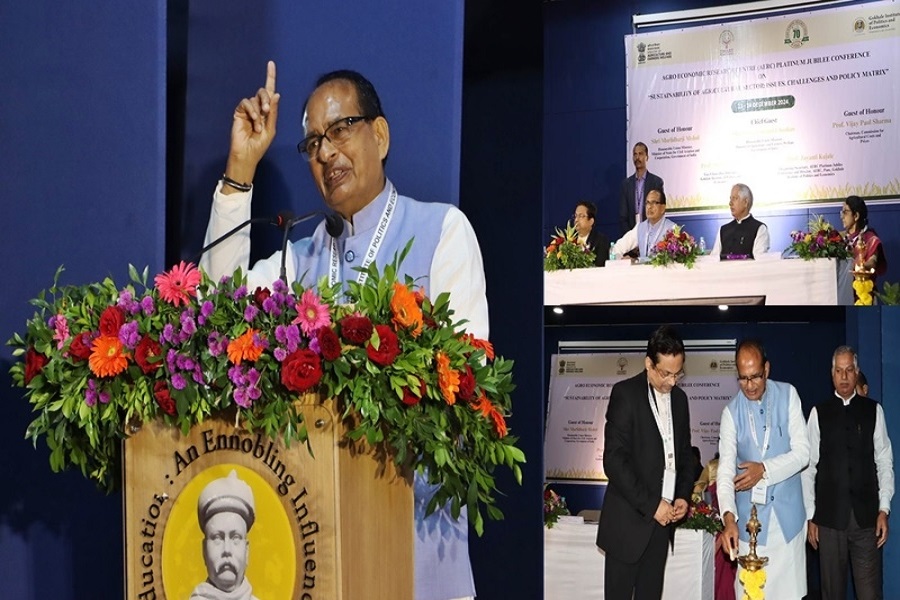


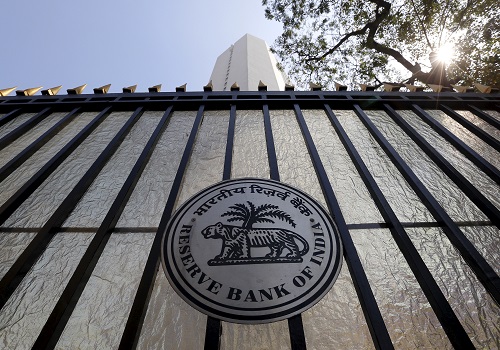

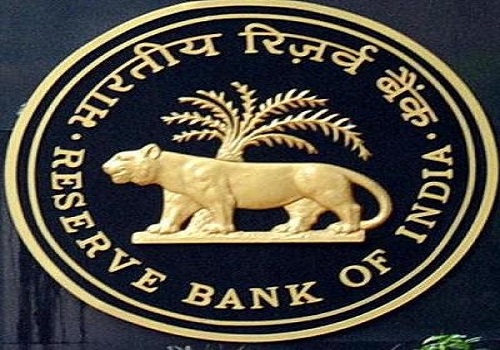



Top News
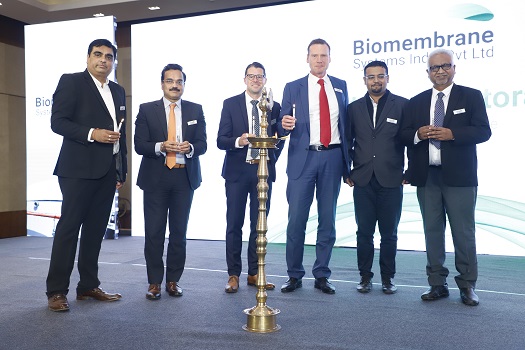
Serge Ferrari Group announces launch of joint venture `Biomembrane Systems India Private Lim...
More News
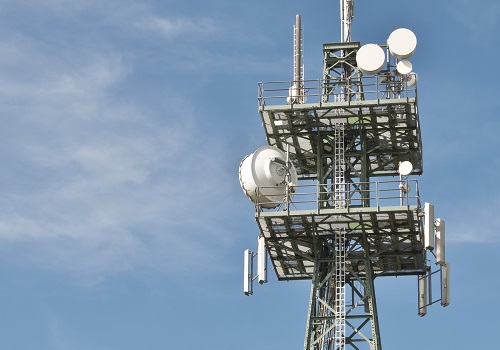
Telecommunication Sector Update - JioPhone Next: Competitive but not aggressive By Emkay Global





 320-x-100_uti_gold.jpg" alt="Advertisement">
320-x-100_uti_gold.jpg" alt="Advertisement">

